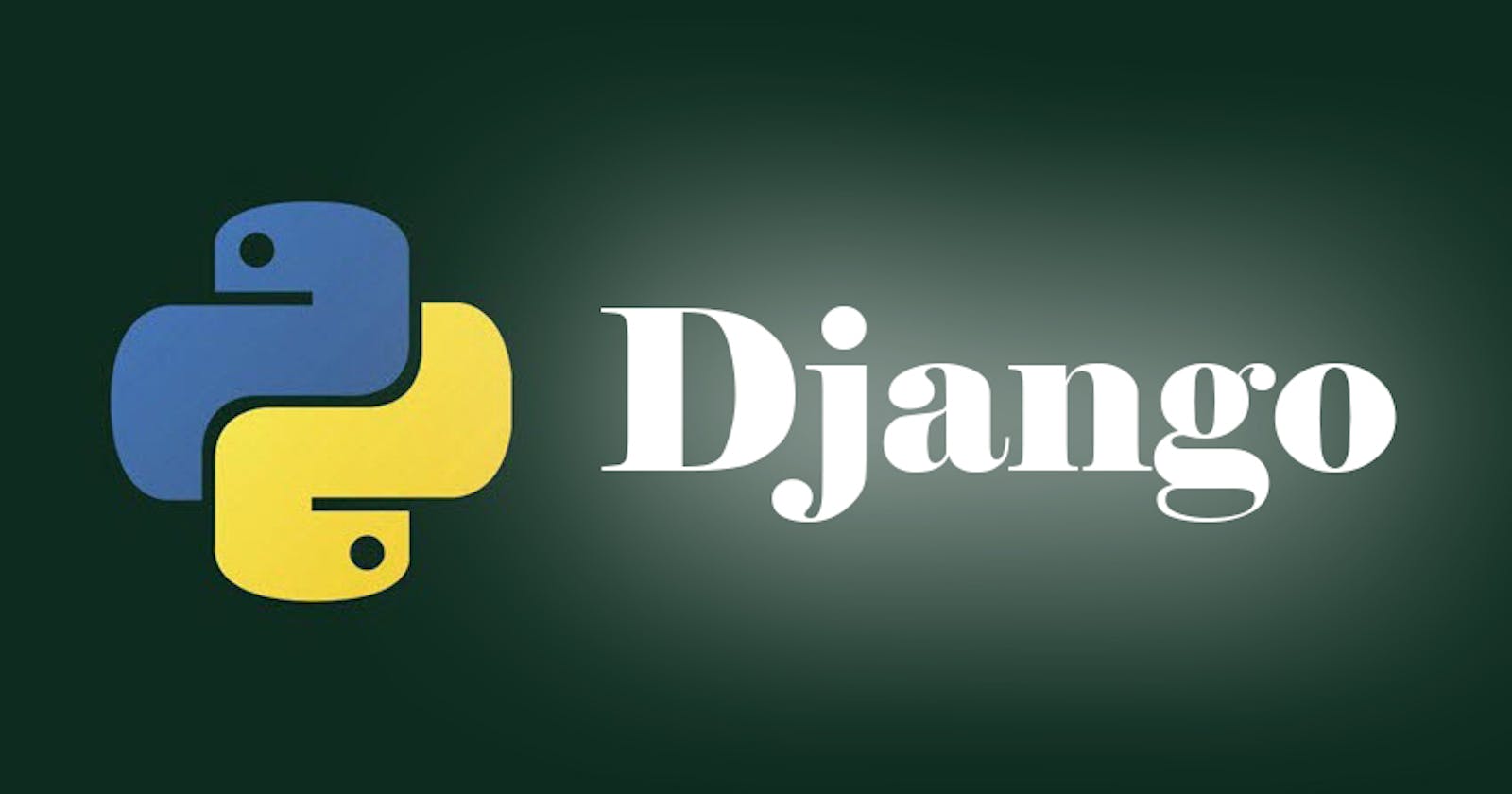Django is a popular web development framework that is written in Python. It is designed to be fast, scalable, and secure, making it an excellent choice for building complex web applications. In this article, we'll take a closer look at Django, including its history, features, and benefits.
History of Django Django was first created in 2003 by Adrian Holovaty and Simon Willison while working at the Lawrence Journal-World newspaper in Kansas. They needed a better way to build web applications, so they decided to create their own framework. The first version of Django was released to the public in 2005 and quickly gained popularity due to its ease of use and powerful features.
Features of Django Django includes a wide range of features that make it an excellent choice for web development. Some of the key features of Django include:
Object-Relational Mapping (ORM): Django provides an ORM that allows developers to interact with a database using Python classes instead of writing SQL queries.
URL routing: Django includes a powerful URL routing system that allows developers to map URLs to views in their applications.
Template engine: Django's template engine allows developers to build dynamic HTML pages easily. It includes a wide range of built-in tags and filters that make it easy to build complex templates.
Security: Django includes a wide range of built-in security features, such as password hashing, cross-site scripting (XSS) protection, and clickjacking protection.
Admin interface: Django includes a built-in admin interface that allows developers to manage the data in their application using a web interface.
Benefits of Django Django has a range of benefits that make it an excellent choice for web development. Some of the key benefits of Django include:
Easy to learn: Django is built on Python, which is a popular programming language with an easy-to-learn syntax. This makes it easy for developers to get up and running quickly with Django.
Scalable: Django is designed to be scalable, which means it can handle large amounts of traffic and data without slowing down.
Fast development: Django includes a wide range of built-in features and libraries, which means developers can build web applications quickly and efficiently.
Community support: Django has a large and active community of developers, which means there are plenty of resources available to help new developers get up to speed with the framework.
Open-source: Django is an open-source framework, which means it is free to use and can be modified to meet the needs of individual developers and organizations.
Conclusion Django is a powerful and flexible web development framework that offers a wide range of features and benefits. Whether you're a new developer just starting with web development or an experienced developer looking for a robust framework, Django is an excellent choice. With its easy-to-learn syntax, powerful features, and active community, it's easy to see why Django is such a popular choice for web development.
